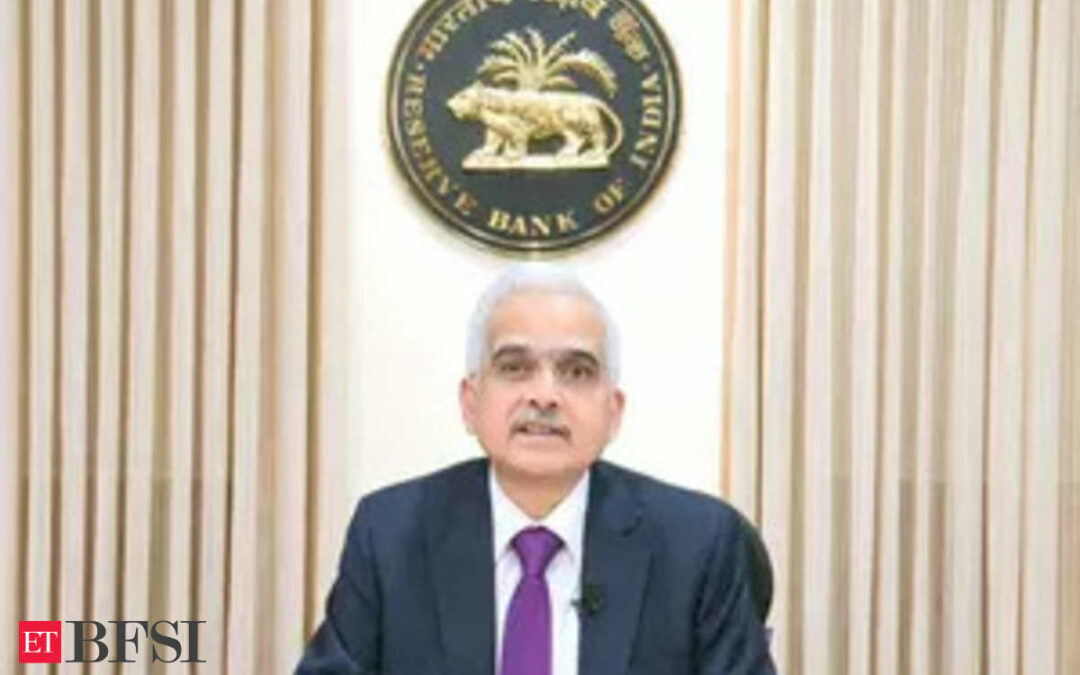The Reserve Bank of India’s (RBI) proposed guidelines on project financing could potentially impact shareholders, particularly in the infrastructure and real estate sectors. The draft norms suggest that banks should set aside provisions of up to 5% of the loan amount during the under-construction phase of projects, with adjustments as projects progress.
For property developers, this could lead to delays in loan sanctioning and an increase in borrowing rates. According to industry experts, borrowing rates for developers could rise by 100 to 150 basis points due to the increased provisioning requirements. Previously, standard asset provisioning stood at 0.4%, but with the proposed increase to 5%, banks would need to charge higher rates to cover these provisions.
Varied impact
Credible developers with strong credit ratings may face fewer challenges compared to smaller developers, particularly those in Tier II and III cities. Top developers currently enjoy construction finance rates below 9%, but there could be a marginal increase if the new norms are implemented, especially given the current tight liquidity conditions.
Developers are likely to pass on any increased costs to buyers, which could impact property prices. However, experts note that the impact on developers may be mitigated by the strong residential sales market, where demand remains robust despite potential rate hikes on construction finance.
Overall, the RBI’s proposed norms on project financing are expected to introduce additional costs and complexities for developers and infrastructure companies, which could indirectly affect shareholders through potential changes in project timelines, borrowing rates, and property prices.











